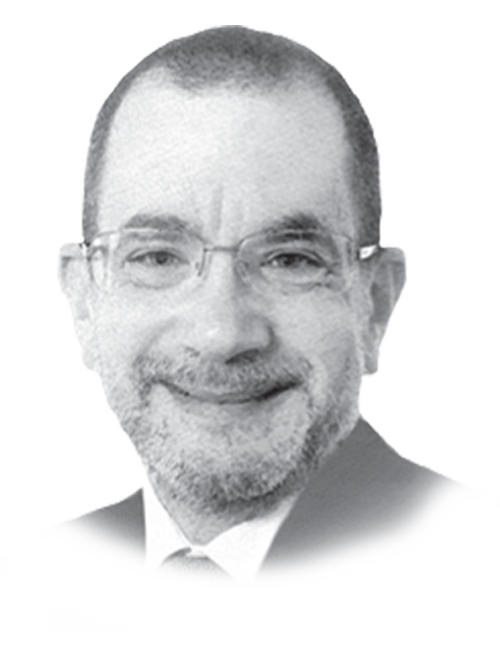Scientists have used AI to design proteins with two different states, essentially creating biological transistors that can change their shape depending on inputs, opening up new possibilities for biotechnology and medical solutions.
AI-generated inventions need to be allowed patent protection to encourage innovation and maximize social benefits, as current laws hinder progress in biomedicine; jurisdictions around the world have differing approaches to patenting AI-generated inventions, and the US falls behind in this area, highlighting the need for legislative action.
Salesforce has released an AI Acceptable Use Policy that outlines the restrictions on the use of its generative AI products, including prohibiting their use for weapons development, adult content, profiling based on protected characteristics, medical or legal advice, and more. The policy emphasizes the need for responsible innovation and sets clear ethical guidelines for the use of AI.
Artificial intelligence has the potential to revolutionize the medical industry by quickly discovering new drug candidates and extending human lifespans through therapies that repair damage to cells and tissues, leading to a projected $50 billion AI drug discovery revolution and the possibility of living to 150 years old.
The use of AI in the entertainment industry, such as body scans and generative AI systems, raises concerns about workers' rights, intellectual property, and the potential for broader use of AI in other industries, infringing on human connection and privacy.
Former Google executive Mustafa Suleyman warns that artificial intelligence could be used to create more lethal pandemics by giving humans access to dangerous information and allowing for experimentation with synthetic pathogens. He calls for tighter regulation to prevent the misuse of AI.
The lack of regulation surrounding artificial intelligence in healthcare is a significant threat, according to the World Health Organization's European regional director, who highlights the need for positive regulation to prevent harm while harnessing AI's potential.
Elon Musk believes that Neuralink's brain implants could help protect humanity from the risks of artificial intelligence by improving human-computer interaction and communication.
Artificial intelligence (AI) could revolutionize brain surgery within two years by enhancing precision and safety, according to a leading neurosurgeon who claims that AI systems could gain more surgical experience in a few years than any human could in their lifetime.
Bio-computing, the integration of biological neural systems with silicon substrates, has become a reality, leading experts to emphasize the need for responsible application and addressing the ethical implications, medical benefits, and environmental advantages of this emerging field.
Elon Musk's brain chip company Neuralink, which aims to develop technology to merge human brains with artificial intelligence (AI), has garnered FDA approval for its first clinical trial in humans, with the goal of helping paralyzed individuals control external devices with their thoughts; however, critics argue that the invasive approach Neuralink is taking poses significant ethical and safety risks.
The World Health Organization (WHO) has released guidelines for regulating artificial intelligence (AI) in healthcare, emphasizing the importance of safety, effectiveness, and stakeholder dialogue, while addressing issues such as bias, privacy, and data protection.
